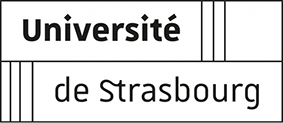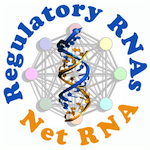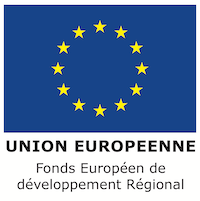In order to address properly many biological questions one needs to dispose of sufficient amount of pure, homogenous and functional proteins. Several heterologous expression systems of pro– and eukaryotic origin have been developed over the years and can be used together with recombinant DNA technologies to fulfil this objective.
The p3P facility is a specialized service which provides practical and technological support to research groups in order to ease and accelerate the production and purification of recombinant proteins, whichever their final use (immunization, enzymatic test, interaction assay, structural studies).
In that perspective, the facility manages and distributes collections of strains, cell lines, and vectors for heterologous protein expression in various systems. It also centralizes diverse dedicated equipment for cells cultivation, cell disruption, and protein chromatography, while ensuring their maintenance and training potential users. It also offers expertise in the design and execution of experiments or alternatively, produces and purifies proteins on behalf of research team. Finally it carries a scientific and technological watch, test and set up locally developments deemed useful for the IBMP community.

















